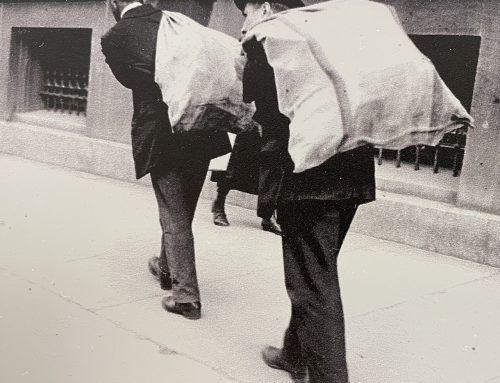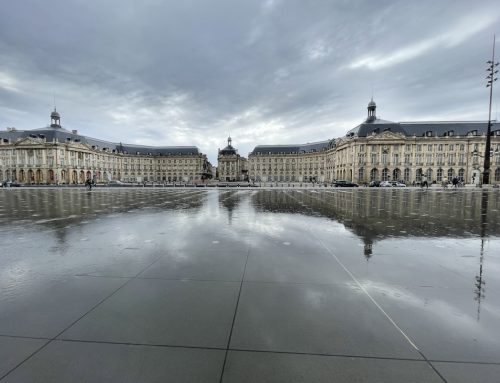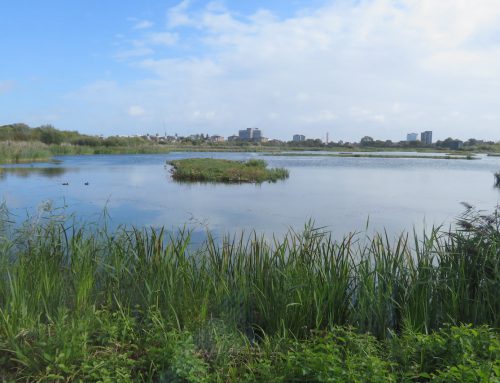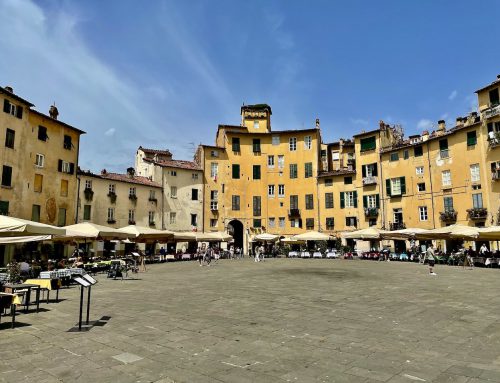Juju Journey
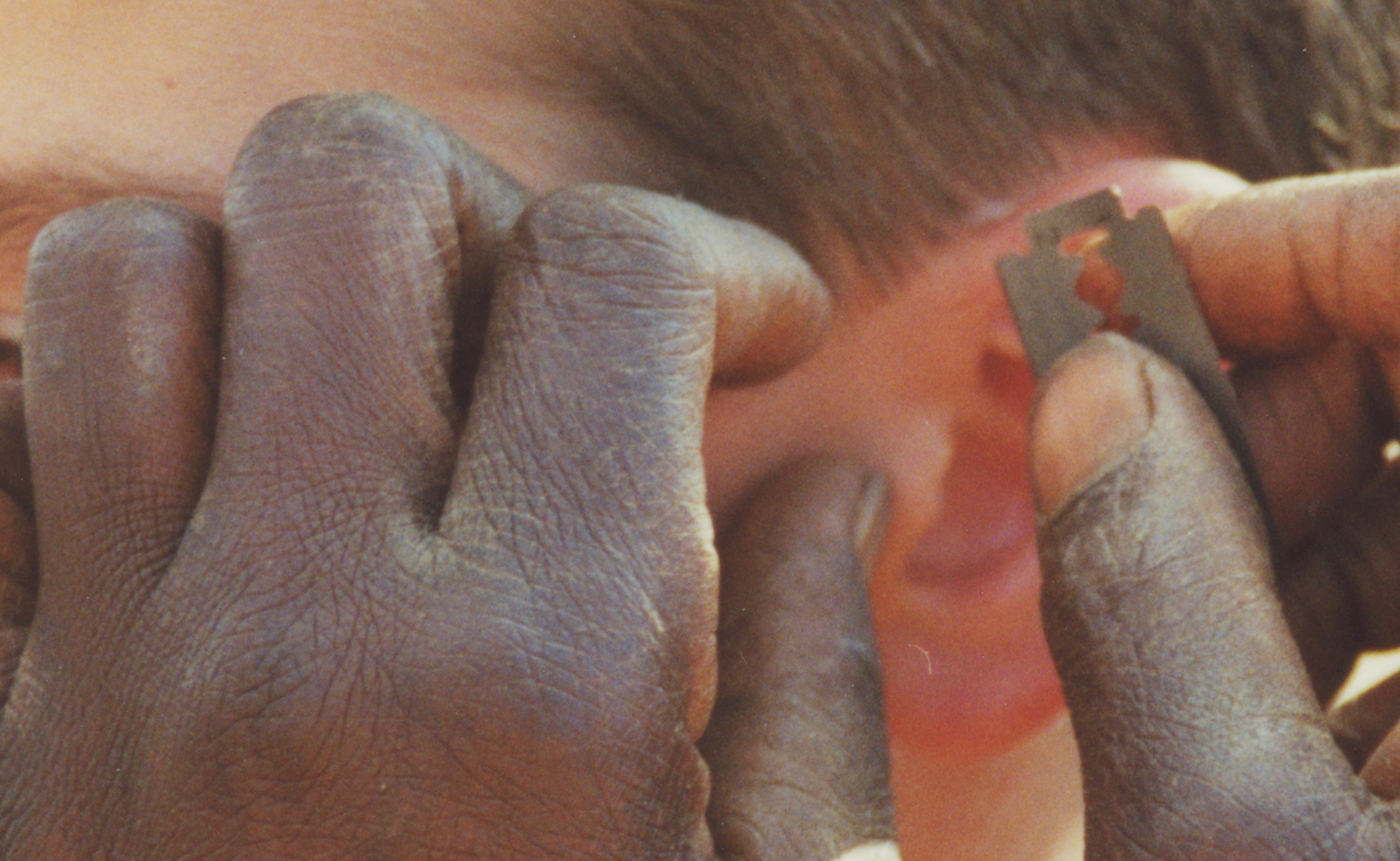
Rusty razor blade treatment - supposedly wonderful for HIV

Rusty razor blade treatment - supposedly wonderful for HIV
Blantyre, Malawi
The boy was milliseconds from HIV, the bloodstained razor blade held viciously against his ear. The deformed black woman, clad in tattered brown dress, smiled as she pulled his head towards her. I leapt forward.
“Don’t!” I shouted helplessly, aware that in deepest Malawi we were on our own.
For a moment she hesitated, then the hand came down, blade nestling gently in her palm. She smiled again. “Just a demonstration,” she whispered hoarsely. “You wanted to know what I did. If I cut him, the witches will stay away.”
My first taste of African medicine had not been a happy one. A mad idea, created by my inability to allow a holiday to be a well-earned rest. A hangover from a toxic UK surgical job. I could not rest – must keep moving, keep researching, keep writing. Where better to learn about medical witchcraft than a landlocked country, besotted by devils and divination, where even the national football team has its own juju man?
As a western practitioner, you ignore tribal doctors at your peril. It is the African way. When ill, first stop is the witch doctor. Only when he, or she fails - there are plenty of ladies - do you seek trained, professional advice. By then it may be too late. Problem is, when thirty percent of your friends have HIV, and each month you bury two of them, a belief in witches is natural. Western medicine is no good anyway. The old lady with her diseased razor blade was typical. Working alongside her husband, they claimed a special healing gift, usang’anga in the local Chewa tongue.
A doctor is a sing’anga, a term covering a range of healing abilities, from diviner to medicine man. Powers come from above, to a selected few, who often develop their skills following a serious illness. In brief, a diviner finds out the cause, the medicine man effects the cure. Husband-wife teams abound, one half divining, the other treating. One way to earn a living, I suppose. Fees are not high by Western standards. 10p for an initial consultation and then nothing further until you are cured. This in a land where ten minutes with the local whore costs 40p. Unprotected of course.
You can feel the witches in you if you try. Take me. Having struggled up a nearby mountain, my right knee was killing me, though I was damned if I was going to whinge. An old cartilage tear, sustained years ago on the ski slopes of Aviemore.
“You need Mother Maria,” said Sydney, my local guide. “I won’t tell her what is wrong. Let her find out.” Several months earlier he had taken a young niece, dying of AIDS, to Mother Maria, one of Malawi’s most famous tribal doctors. She had worked her magic, but the patient had perished. Perhaps she could do better with me?
So to Mother Maria I went, a rusty sign lurching drunkenly on the side of the dirt track highway pointed towards a dilapidated bungalow. To an overfed Westerner, the building should have been condemned. Here it was five-star luxury. I walked in, Sydney following nervously, terrified as juju worked its powers.
“Be careful,” he whispered as we were led into the darkened room by Maria’s husband, a middle-aged, tailored man, an air of academia about him. “These are dangerous people.”
“Thanks Sydney,” I hissed in reply. “Now you tell me.”
Too late. The rotten door creaked shut behind us, the moth-ridden curtains were drawn, a faint smell of damp – perhaps rotting flesh – was in the air. I made sure not to limp, wishing to give nothing away. Two large hands grasped my shoulders from behind, steering me towards a small square of tatty carpet, where I was told to stand in my stockinged feet, remain silent, but to look at the woman before me. It was Mother Maria, deeply black, five feet two, and probably in her mid-fifties. A good innings for a land with an average lifespan of 47 years. She had a fine head of flowing, black, curly hair and was dressed in elegant white robes while clutching a wooden cross in her left hand. This she thumped rhythmically on the splintered wooden floor beside her. I waited, fascinated, riveted to my carpet square.
Suddenly she threw back her head, a strange gurgle coming from an open mouth, like strangulation. I jumped nervously, determined to stand my ground despite an increasing quiver in my thighs, made worse by a full bladder. Sydney, sat on a bench in the corner, was ominously silent. Then Mother Maria began to talk within her trance-like state, in garbled, traditional Chichewa. I understood nothing. It was her husband, sat at a small pulpit beside her, and Sydney, who translated.
“Your right leg,” she cried. “It is painful.”
She had my attention instantly. There was no way she could have known.
“The Muslims,” she added. “It is them. They have taken your footprint and are tying a cord around your leg to prevent you from succeeding.”
For Muslims read the UK National Health Service, I thought. Problems at home had followed me to deepest Africa. Mother Maria went on, her trance ever deeper. Utterings poured forth, her breathing heavier, the banging of the cross more violent. I held my ground, trying to remember earlier military training on how to look mean when common sense says run. My damn legs were still wobbling.
“You argue with people,” she said. True, but who doesn’t?
“You can tell the future,” she continued. My heart lifted, another career loomed.
Then, as quickly as it started, it was over and I was ushered into the early evening light with instructions to leave a cast of my footprint so that medicines could be prepared.
Sydney was horrified. “Don’t do it,” he said. “She can use it against you. You will never escape.” Ten pence the poorer, a small pink receipt, and we were away, chased down the road by hordes of children, Mother Maria’s following.
Each witch doctor I met, and there were many, had something about them. A presence that even I, a non-native, could sense. Makulu, a man in his mid-thirties at Zomba, was classic. What a gaze. Eyes that bored through you, making my six feet two feel miniscule. Deep brown saucers, reinforced by the safety pin stuck through his left forearm and the dead cockroach hung by a cord around his neck. Beside him lay a bloodstained knife on a mound of medicinal roots collected from the surrounding countryside. A rotten squirrel skin was his trade mark, said to squeal if a patient was bewitched. It stayed silent near me. He could cure HIV he said. Good luck to him. May he live to be rich and happy, I thought, as I recognised possible scars from Kaposi’s sarcoma on his chest, evidence that he, too, was smitten. Maybe a year at most I would guess.
“I see dead people,” said my companion as we struggled into a hotel on the shores of a bilharzia-ridden Lake Malawi. “Get me out of here.” A somewhat unrealistic request if you know Africa.
Yet you can sense death everywhere. Dead missionaries, dozens of them, many from Scotland, killed by mosquitoes and bugs that would put a nuclear warhead to shame. It was malaria and sleeping sickness then. Now it is HIV or, as the sing’anga explain, the witches inside you. In the past, perhaps even now, the outlawed poison ordeal was practised. Anyone suspected of causing illness or death could cleanse themselves with bark from the Mwabvi tree, ground into a fine powder by the poison diviner, the Mapondera. It was drunk in one gulp. If you died you were dead. If you vomited you lived. Easy really. I might try the same in England when I return. It could work wonders for health service waiting lists.

